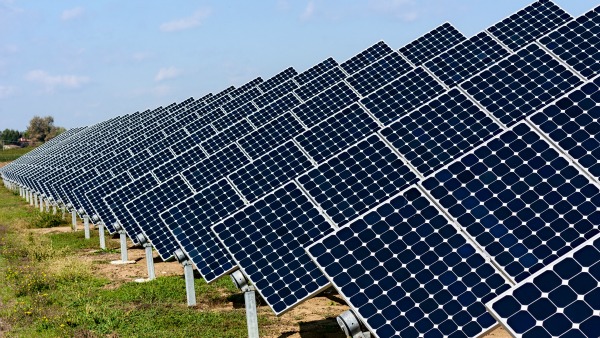The Federal Government is targeting speedy rural electrification with the use of renewable energy sources like solar panels, massive training of young Nigerians to install and maintain solar power facilities built under its Operation Light-up Rural Nigeria (OLRN) has been embraked on.
National Power Training Institute of Nigeria (NAPTIN) has also set up a training scheme for electricity meter technicians who are expected to be employed in meter installation and maintenance across the electricity distribution networks in the country.
While speaking at the recent inauguration of the two separate training schemes, Permanent Secretary in the Ministry of Power, Godknows Igalie said “The power sector reform is hinged on utilisation of all the various sources of energy that God has given to Nigeria. If we are to maximise our energy mix, we won’t suffer so much of the impacts of vandalism, their impact will not be much on us because we will always have other alternatives to switch to. We must harness solar technology more than any other in this country.
“Even when the light is not there, what people are meant to pay for is not commensurate to what they consume. And that brings a lot of anger among consumers who complain that they don’t get enough electricity but are billed very high.”
“This is as a result of the estimated billing system. For what they (power distribution companies) do is that they guess, based on the size of a house and approximate and charge you. So, the country is going to be embarking on a robust metering scheme.
“The federal government is involved in this and it is working with private companies in the sector. And that’s where you (trainees) come in, to ensure that the meters are properly installed and consumers are billed correctly.
“You should be able to monitor electricity consumption as well as maintain the meters. So, where electricity theft occurs, you the person maintaining the meter should be able to know. And you should ensure that customers are properly billed because we have been relying on estimated billing. As much as about nine million consumers don’t have meters. The metering gap in Nigeria is about 60 per cent.”

